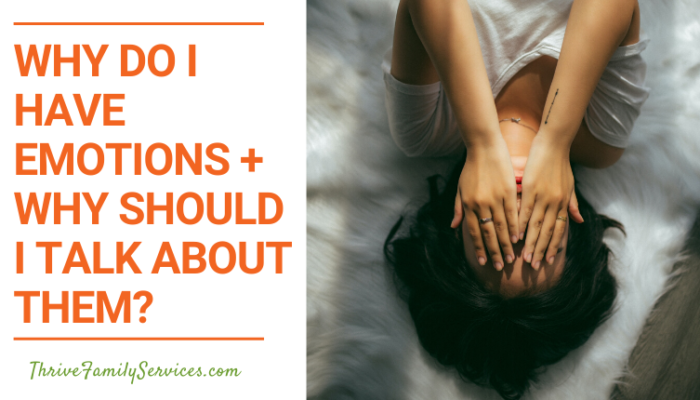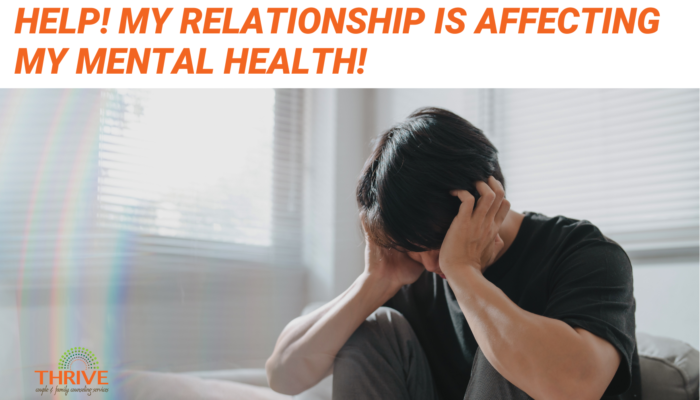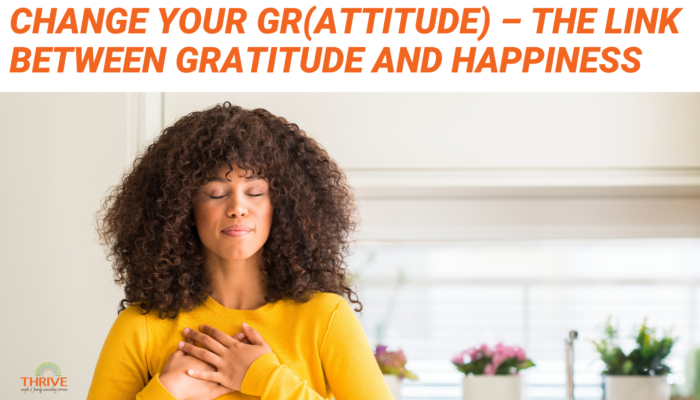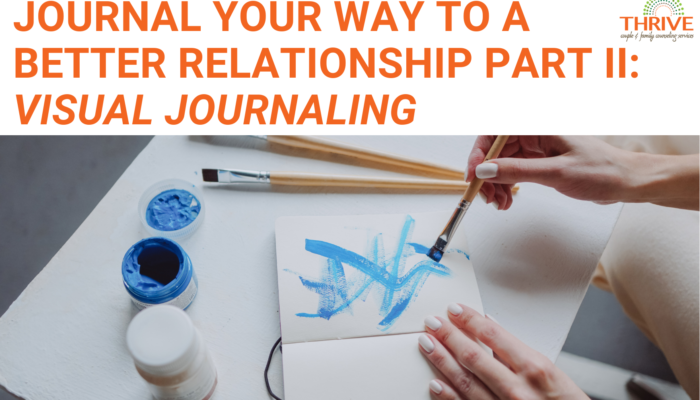Emotions often get a bad rep in Western society. People are often encouraged to keep their feelings to themselves and to “stay logical.” If kids get too emotional, they are punished. If adults get too emotional, they are looked down upon. We often treat emotions as interference for what is good and rational. We tell people to “calm down” when we see them get too sad or too happy. We try to fix our own feelings or prevent ourselves from feeling them in the first place!
Why do we have emotions anyway? Should we keep avoiding them or pushing them aside? Or should we pay more attention to them?
Psychologists, scientists, and researchers seem to agree that emotions do serve a purpose. After all, emotions are universal – every person in the world has them. More specifically, there are six basic emotions that can be seen all over the world in every culture: joy, sadness, anger, fear, disgust, and surprise.
So what purpose do these emotions serve?
Let’s start at the beginning: Even from birth, babies are born with these six basic emotions. If you think about a baby’s use of emotions, it is easy to see what purpose they serve. They allow us to survive.
Joy lets us know that what we’re doing is good so we can keep doing it. Sadness lets us know that something is missing that is important to us. Anger tells us that something happened that we don’t like so we can keep it from happening again. Fear tells us that we are in danger so we can either fight or flee. Disgust keeps us from doing something that is bad for us. Surprise is a way to adjust to new, unexpected surroundings.
Emotions are involuntary responses changes in our environment, in ourselves, or both. In summary, our emotions are the only reason we are able to react and change. Without our emotions, we would not survive.
But where do emotions come from?
Emotions seem to come from a couple of different sources. Humans definitely have internal changes in the body that are associated with emotions. For example, we might have tears in our eyes, heavy hearts, tight chests, flushed faces, or knots in our stomach. All of these bodily signals are associated with different feelings.
Our feelings also seem to come from judgments about whatever current situation we are in. We have perceptions about things in our external world and things in our internal world that trigger emotional responses so that we can decide what to do.
A CEO of a company would have to experience fear before deciding to make a new budget. A teenager would have to experience disgust to know not to eat the rotten food in the fridge. A parent would need to feel joy to know that their child is on the right path.
Through this combination of bodily responses and an environmental cue, an emotion arises to let us know what to do.
So why do we have to share our emotions with our partners or other people who are significant to us?
Many people get uncomfortable when they think about sharing their feelings with other people. They worry it might feel worse to open or that it won’t do any good.
Interestingly enough, research shows that the opposite is true!
Sharing experiences brings people closer together. Most people have seen or heard stories about how people become very close and connected after experiencing something traumatic. This is because feelings also have the purpose of helping humans create and maintain social bonds.
It is incredibly isolating to feel like no one else understands something you are experiencing or feeling. Therefore, it makes a lot of sense to consider that talking to someone about your emotions can bring you closer together.
In couples counseling, therapists encourage partners to share feelings with each other as a way to increase a sense of connection, closeness, and bonding. If this makes you uncomfortable, you are not alone! However, knowing the relational and personal benefits of your emotions can make it a little bit easier – it is worth it to acknowledge and talk about emotions!
If you are looking for more support as you start to share your emotions, our Greenwood Village Relationship Therapists can help.




